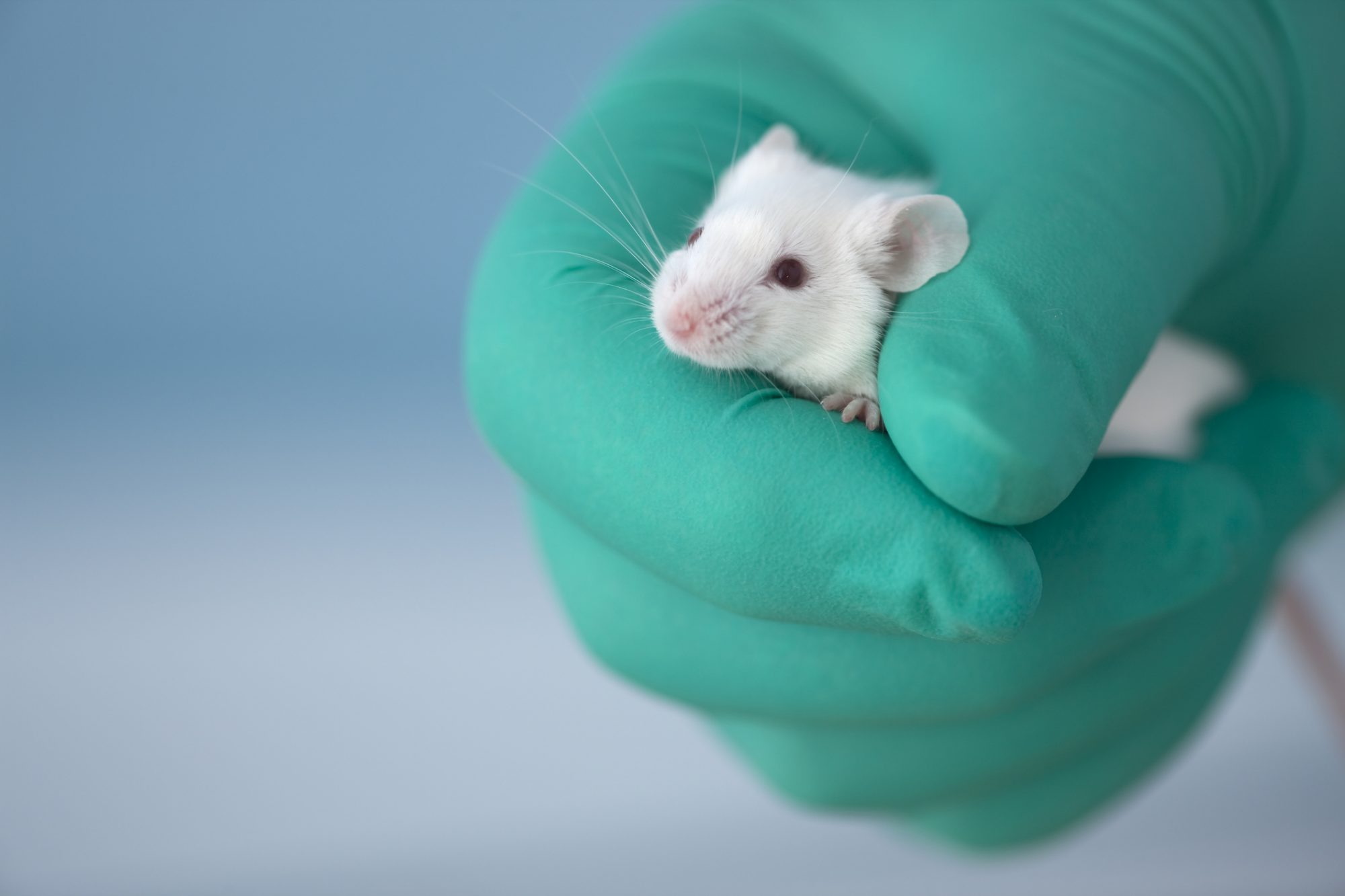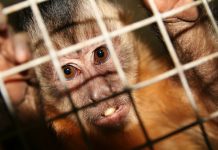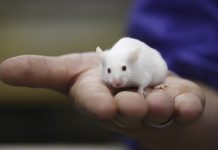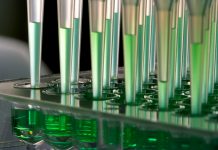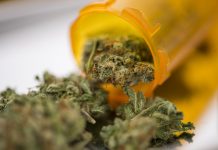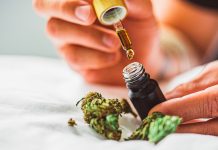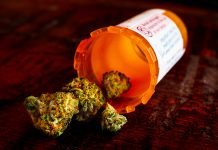With a particular focus on South Korea, Open Access Government explores the changing perceptions around animal welfare and some of the policies introduced to support this
Animal rights is a controversial area for debate. For many of us, it is unimaginable for an animal to suffer pain at the hands of humans. However, in many parts of the world, whether for the purposes of tradition, consumption, economic gain, scientific research, or historical relevance, animals are still exploited for human gain.
In recent years, social media has helped to highlight the harsh reality and brutality that animals worldwide have been subjected to; activists and animal welfare organisations have used far-reaching platforms to encourage industry, governments, and the public to acknowledge that animals are not mere commodities void of emotion and that further policy action to prevent animal cruelty is vital to reduce their suffering.
The widespread increase in public awareness and publicly available information concerning animal welfare has encouraged many consumers to be mindful of the impact of their purchasing behaviour and for policymakers to introduce measures to mitigate animal cruelty in various settings.
Cosmetic testing, for example, has been an area of increasing public and political concern. In Europe and some other countries, it is now illegal to sell animal-tested cosmetics – though ingredients used in some products may still be tested on animals as per the Registration, Evaluation, Authorisation and Restriction of Chemicals (REACH) regulation, the world’s most extensive chemical testing programme. Equally, while companies are prohibited from selling animal-tested cosmetics in Europe, they are still allowed to test products on animals outside of Europe and sell them in other parts of the world. (1)
Despite progress in finding alternative methods to animal testing, millions of animals are still used for biological research and to test the efficacy, toxicity and safety of products, including pharmaceuticals, consumer goods, and industrial/agrochemicals. According to Humane Society International (HSI), it is estimated that more than 115 million animals worldwide are used in laboratory experiments every year. (2) HSI also notes that because only a small number of countries actually collect and publish data on animals used in testing and research, the exact number needs to be clarified. For example, up to 90% of the animals used in laboratories in the U.S. are excluded from the official statistics. (2)
In South Korea, fundamental changes at policy level have been proposed to reduce animal suffering, including a ban on the slaughtering of dogs for meat – a longstanding custom in the country – and a ban on all bear farming from January 2026. National attitudes towards animal welfare in the country are shifting alongside a rise in the number of South Koreans owning companion animals. However, many, particularly younger generations, feel more robust policy measures are needed.
Changing public perceptions towards animal welfare
It is estimated that up to a million dogs are bred and confined on farms across South Korea to be killed for human consumption. (3) According to opinion polls, 85% of people in South Korea would not consume dog meat, and almost 60% of the population now supports banning it outright. While dog meat consumption is declining, a nationwide ban on the dog meat industry in South Korea is still under consideration.
Equally, according to a survey conducted by Realmeter on behalf of HSI/Korea, 81.6% of Koreans believe that legislative support is necessary to create and promote alternatives to animal testing. (4)
Ending unnecessary animal testing
Greater policy-level efforts are being made to advance progress in animal-free testing and in 2020, South Korea announced a draft Act that could position it as a world leader in non-animal testing technologies. (5) This new development was timely since statistics released in 2019 revealed an alarming increase in the number of animals used for experimentation in South Korea – a 187% increase in testing insecticides on animals and a 115% increase in the number of animals used to test industrial chemicals. (6)
Ms In-soon Nam, a National Assembly member, said: “As a member of the health and welfare committee, I believe that this bill marks a much-needed initiative in our society to finally move away from relying on old models that use animals and collectively move forward to provide better research approaches based on human biology, which will advance public health as well as animal welfare.” (6)
The proposed Act on the Promotion of Development, Dissemination and Use of Alternatives to Animal Testing Methods (PAAM) was introduced in December 2020.
It would prioritise human-mimetic technologies to improve human health research and product safety testing. A second bill on the topic was proposed in December 2022. In 2023, campaigners submitted a petition with more than 66,000 signatures to members of the National Assembly, requesting the immediate enactment of the PAAM Act.
Although this marks a significant step in the right direction to reduce reliance on animals for experimentation, progress, according to Humane Society International, has been slow ‘due to the lack of related laws and cooperative working structures among ministries.’ (7) However, what made this campaign concerning PAAM particularly poignant was the screening of HSI’s award- winning film ‘Save Ralph’, which follows the story of a rabbit named Ralph used in a cosmetics-testing facility.
The Director of the Korea Center for Validation of Alternative Animal Methods at the Ministry of Food and Drug Safety said, “We are aware of the importance of the bill that replaces animal testing and agree with its initiatives. As a government, we will do our best to provide support for its passage.” (7)
Last year, South Korea’s Ministry of Food and Drug Safety amended its Biologicals standard and test method guidelines to cease the need for Abnormal Toxicity tests. The test, introduced in the 1950s to detect contaminants in pharmaceutical and biological products, has been deemed unnecessary and obsolete in many parts of the world following the emergence of modern pharmaceutical production and manufacturing facilities with clear and specific quality control measures.
The World Health Organization has also advocated the removal of the ATT since 2018 in the EU, U.S. and Canada. The test can still be waived for some products in Japan and India.
HSI/Korea’s senior policy manager, Borami Seo, said, “We welcome this much-awaited amendment that does away with an obsolete animal test. This test was required for regulatory purposes despite evidence showing its lack of scientific value. Korea has a demonstrated capacity to adopt and refine rapidly advancing technologies. With this important step, we hope Korea will move even faster, showing its commitment to developing new technologies and reforming regulatory guidelines with non-animal methods.” (8)
Further policy changes to improve animal welfare
In 2019, South Korea’s Ministry of Food and Drug Safety announced it was drawing up a five-year plan (from 2020-2024) to improve animal welfare and introduce tougher regulations against animal cruelty. Part of the plan would mean research labs must monitor test animals and apply stronger regulations concerning their use for experiments.
South Korea’s animal welfare legislation – the Animal Protection Act – was first brought in 1991. Its significant revision, which came into force in April 2023, outlined substantial efforts to reduce animal cruelty and clarify the definition of what actions constitute cruelty. This included tougher punishments for those who abuse or abandon their pets and screening owners of new and current animal shelters, as well as the shelters themselves, before giving them the authorisation to operate.
Despite this critical revision, animal rights activists and welfare groups have expressed concern over the robustness of the act and the need for administrative agencies, investigative agencies, and the courts to fully play their part. They also said that even those punished for abusing a pet could still have their pet back after a certain period.
In a statement released soon after the announcement of the Animal Protection Act, KARA, the ‘Korea Animal Rights Advocates’ group, outlined the worrying distinction between dogs seen as farm animals and bred for consumption and those viewed as companion animals: “All the animal abuse punishment applies to pets and it does not apply to dogs that are bred for consumption.
“Many people are not aware that Korea categorizes dogs into two, as pets and for consumption. Under the current law or even the revised law, we can’t do anything about abusive breeding and slaughtering of dogs categorized for consumption. We can’t punish the owners of dog farms that rear dogs for consumption even if they are feeding dogs food scraps.” (9)
With increased public awareness and those at policy level continuing to strengthen animal rights, it is hoped that changes will continue to be made to promote non-animal alternatives across industries and treat all animals with the respect they so deserve.
References
- https://www.peta.org.uk/issues/animals-not-experiment-on/cosmetics/
- https://www.hsi.org/news-resources/about/
- https://www.hsi.org/news-resources/as-south-korea-contemplates-a-dog-meat-ban-charity-closes-its-18th-dog-meat-farm-and-flies-dogs-to-united-states-to-seek-adoption/
- https://www.hsi.org/news-resources/save-ralf-koreans-to-support-alternatives-to-animal-testing-law/
- https://chemicalwatch.com/201777/south-korea-proposes-law-to-promote-alternatives-to-animal-testing
- https://www.hsi.org/news-resources/hsi-korea-welcomes-historic-bill-to-prioritize-technologies-that-replace-animal-testing-in-south-korea/
- https://www.hsi.org/news-resources/petition-for-swift-passage-of-bill-to-replace-animal-testing-is-delivered-to-south-koreas-national-assembly/
- https://www.hsi.org/news-resources/south-korea-to-end-unnecessary-animal-test/
- https://koreajoongangdaily.joins.com/2022/05/29/culture/features/korea-animal-protection-act-animal-abuse/20220529151155380.html
Editor's Recommended Articles
-
Must Read >> Phasing out the use of animals in science


